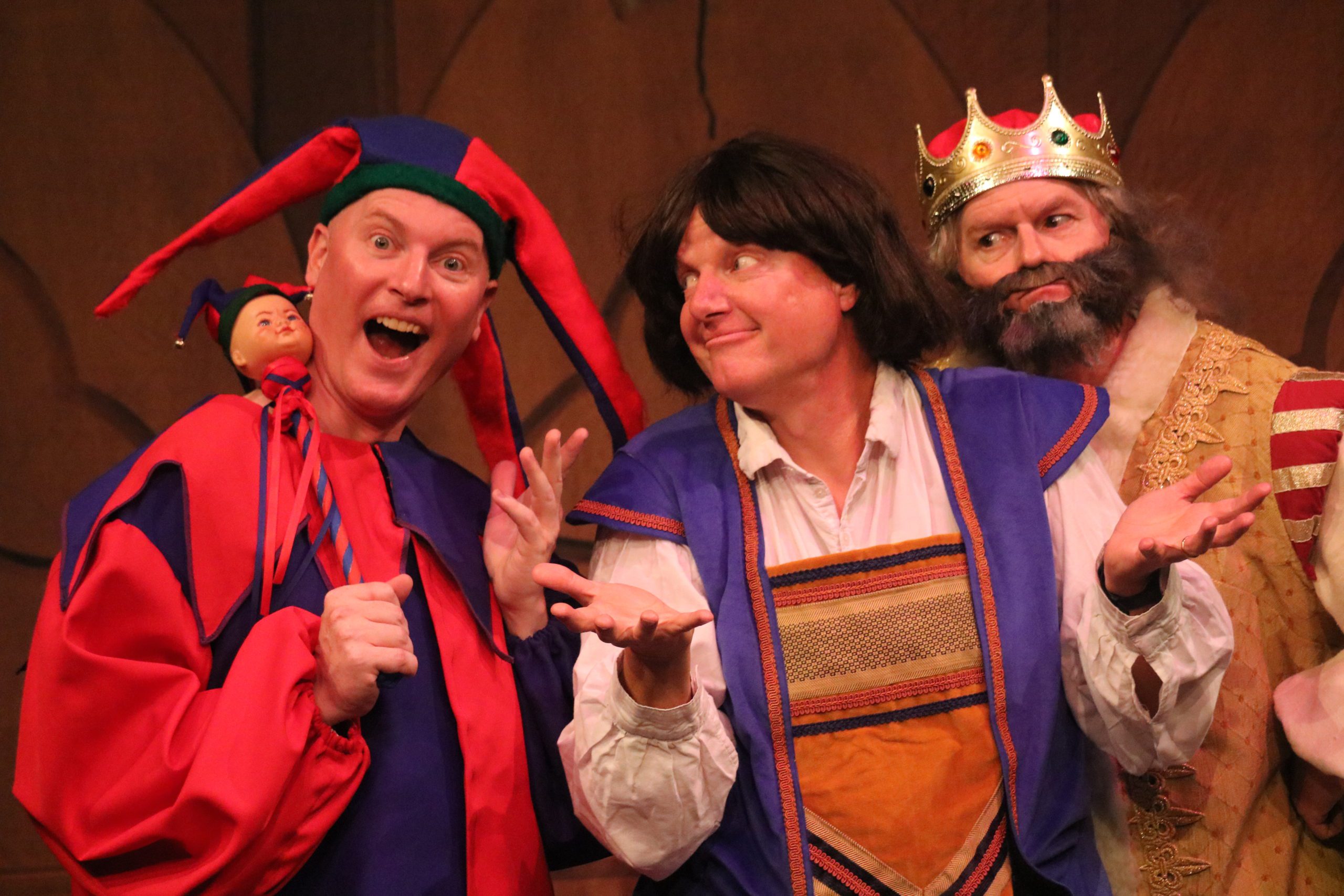Celebrating ‘Lookingglass Alice’
David Catlin is a founding Ensemble Member, actor, writer, director, and former Artistic Director of the Tony-winning Lookingglass Theatre in Chicago, and, whose adaptations and productions, which include Moby Dick and The Little Prince, “has sculpted the Lookingglass aesthetic.” David discusses the origins of Lookingglass Alice and the art of combining multiple skillsets; how the show is reshaped to the specific skills of its cast members; how David’s less of a director and more of an air traffic controller; the challenge (and joy!) of creating theater that shatters boundaries and explores possibilities; a proposed title for a new reduced version of a Herman Melville classic; and how Lookingglass is one of several models of college kids forming a theater and making a go of it. (Length 23:57)
Podcast: Download (Duration: 23:57 — 27.5MB)
